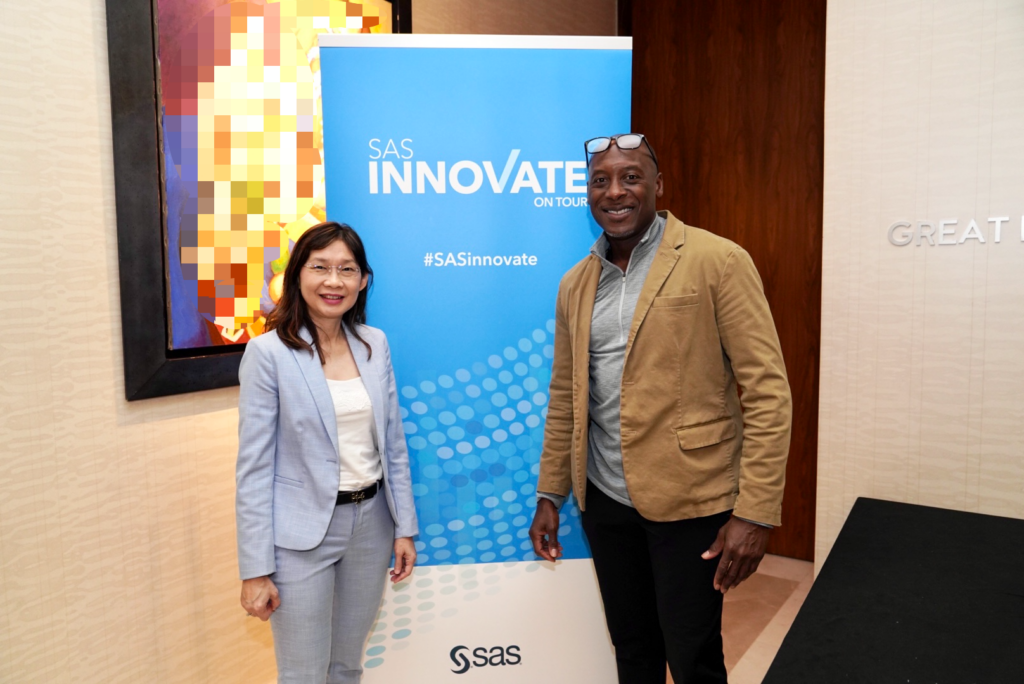
(Source – Shutterstock)
MAS collaborates with SAS in ensuring the responsible use of AI
Artificial Intelligence (AI) continues to play an important role in many industries around the world. Be it fraud detection or customer service, today, organizations leverage AI for a myriad of tasks. Yet, there is still a common problem faced when it comes to the adoption of AI in some use cases.
For most businesses, especially those in the financial industry, issues regarding trust are key when working with new technologies. While the adoption of technology increases, when it comes to using AI to aid decision-making processes, the algorithms need to be able to assess fairness, ethics and transparency.
As such, SAS Institute has collaborated with the Monetary Authority of Singapore (MAS)-led Veritas consortium to integrate and operationalize the Veritas toolkit with the SAS Viya platform. The collaboration will improve trustworthy AI adoption in the financial services sector.
The Veritas initiative is part of Singapore’s National AI Strategy which aims to provide financial institutions with a verifiable way to incorporate the principles of Fairness, Ethics, Accountability, and Transparency (FEAT). The integration of SAS Viya analytics lifecycle framework with the Veritas toolkit enables the assessing of fairness in analytical models by leveraging out-of-the-box natural language generation and workflow capability in SAS Viya.
According to Reggie Townsend, Chief Data Ethics Practice Officer, SAS Institute, as a member of AI innovators, SAS has a responsibility in ensuring responsible AI deployment. Townsend believes that as AI continues to learn over time, there will be situations whereby rules will be needed to be in place to deal with it. And this is where the regulators come in and ensure that the technology is well adapted and is not causing more harm and is instead enabling the organization to generate more value out of it.
“What happens when compliance is the lowest threshold? You want to create situations in that organizations have room to operate. You do not make it impossible to achieve. There needs to be a wide enough field to play. And firms like SAS establish the set of values and principles that can be complied,” explained Townsend.

In Singapore, SAS aims to support the country’s National AI Strategy of increasing productivity through the adoption of AI and ensuring its benefits to businesses, creating new jobs through increased AI innovation activities, and increasing societal acceptance and trust of AI and analytics within the financial community through sound AI governance.
“The need for regulatory frameworks to capitalize on the promise of AI while mitigating its risks is not only important but urgent in these times. Both technology providers and regulators have a critical role to play to ensure that AI development is centered around people to ensure a positive impact on our society,” added Townsend.
For Lim Hsin Yin, Managing Director (Singapore), SAS Institute, this collaboration will be beneficial for financial institutions, given that regulatory and audit reports require both accuracy and timeliness in submissions.
The SAS Viya framework extends beyond the fairness principle to other areas of AI governance including explainability, auditability, accountability, and transparency. SAS Viya also interacts with the open source to enhance automation and governance.
Being the only vendor recognized as a leader in Magic Quadrant for Data Science and Machine Learning Platforms for eight consecutive years by Gartner, SAS is looking to offer best-in-class capabilities to its customers by leveraging SAS Viya with MAS Veritas Toolkit and Open Source.
READ MORE
- Data Strategies That Dictate Legacy Overhaul Methods for Established Banks
- Securing Data: A Guide to Navigating Australian Privacy Regulations
- Ethical Threads: Transforming Fashion with Trust and Transparency
- Top 5 Drivers Shaping IT Budgets This Financial Year
- Beyond Connectivity: How Wireless Site Surveys Enhance Tomorrow’s Business Network


